Essential Oil Cleaning Recipes: Unlock the power of nature and transform your cleaning routine! Are you tired of harsh chemicals and overpowering artificial scents in your cleaning products? I know I was! That’s why I dove headfirst into the world of essential oils and discovered a treasure trove of natural cleaning solutions.
For centuries, cultures around the globe have harnessed the potent properties of plants for healing and cleansing. From ancient Egyptians using fragrant oils in embalming rituals to medieval Europeans employing herbs to ward off disease, the connection between nature and cleanliness is deeply rooted in our history. Now, we can tap into that ancient wisdom to create effective and eco-friendly cleaning products right in our own homes.
This DIY guide is your passport to a cleaner, healthier, and more aromatic home. I’ll share my favorite essential oil cleaning recipes that are not only incredibly effective at tackling grime and germs but also leave your home smelling divine. Imagine ditching those toxic chemicals and replacing them with the invigorating scents of lavender, lemon, and eucalyptus! Plus, you’ll save money and reduce your environmental impact. So, grab your essential oils, and let’s get cleaning!
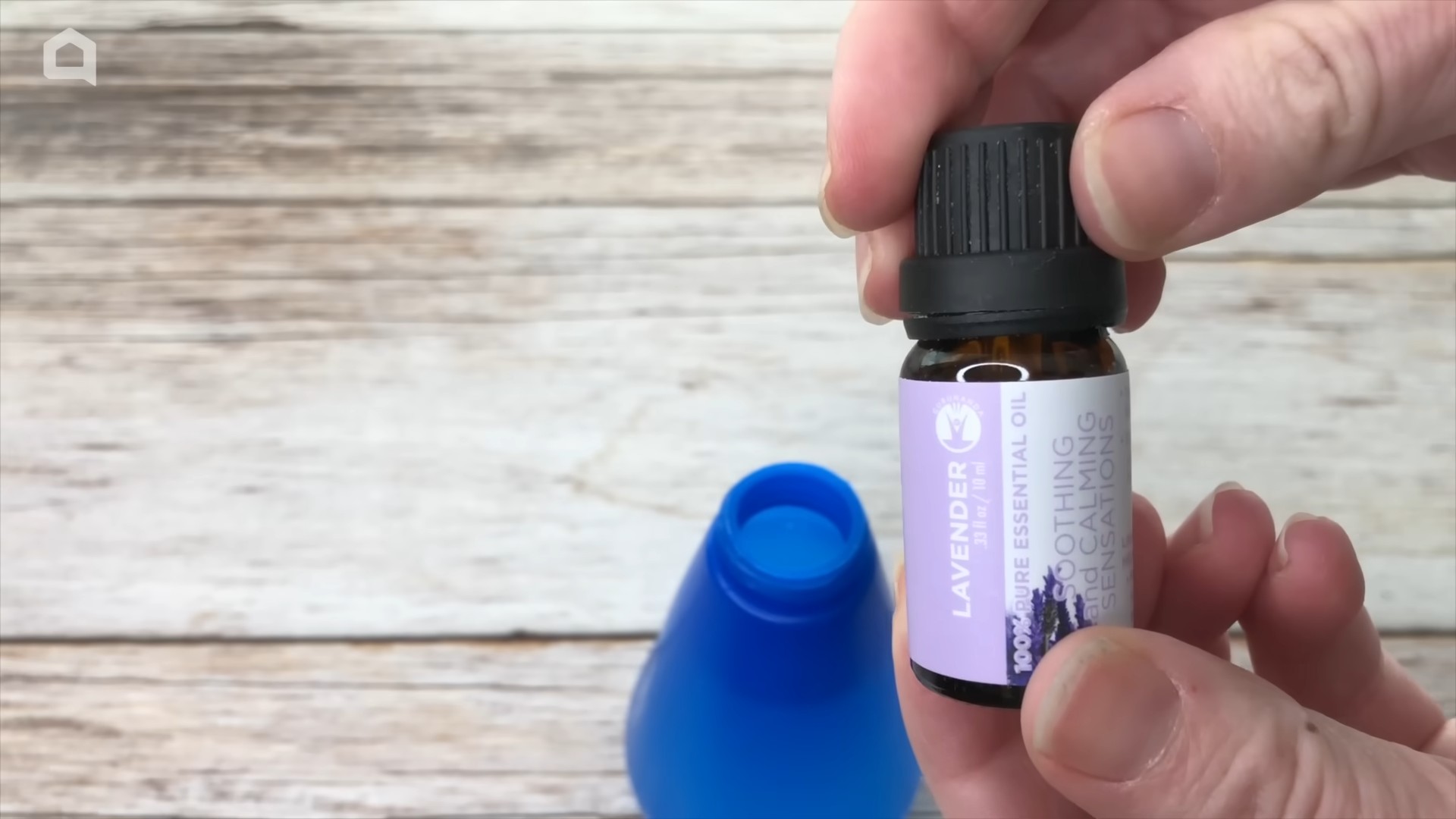
DIY Essential Oil Cleaning Recipes: A Natural Approach to a Sparkling Home
Hey there, fellow DIY enthusiasts! I’m so excited to share some of my favorite essential oil cleaning recipes with you. I’ve been using these for years, and honestly, my house has never felt cleaner or smelled better – all without harsh chemicals! Plus, it’s incredibly satisfying knowing you’re creating a healthier environment for yourself and your family. Let’s dive in!
Why Essential Oils for Cleaning?
Before we get to the recipes, let’s quickly chat about why essential oils are fantastic for cleaning. They’re not just about a pleasant scent; many essential oils possess powerful antibacterial, antiviral, and antifungal properties. This means they can actually help disinfect surfaces, not just mask odors. Plus, they’re a natural alternative to harsh chemicals found in many commercial cleaners.
Benefits of Using Essential Oils in Cleaning:
* Natural and Non-Toxic: Avoid harsh chemicals and synthetic fragrances.
* Antibacterial, Antiviral, and Antifungal Properties: Help disinfect surfaces.
* Aromatherapy Benefits: Enjoy the mood-boosting and stress-relieving effects of essential oils.
* Cost-Effective: A little goes a long way, making them a budget-friendly option.
* Customizable Scents: Create your own signature cleaning blends.
General Guidelines for Using Essential Oils in Cleaning
Before we jump into specific recipes, here are a few general tips to keep in mind:
* Always dilute essential oils: Never apply them directly to surfaces, as they can be too concentrated and potentially damage some materials.
* Use glass or PET plastic bottles: Essential oils can break down certain types of plastic, so glass or PET plastic are your best bet for storage.
* Shake well before each use: This ensures the essential oils are properly dispersed throughout the cleaning solution.
* Test on an inconspicuous area first: Before cleaning an entire surface, test a small, hidden area to ensure the solution doesn’t cause any discoloration or damage.
* Store in a cool, dark place: This helps preserve the potency of the essential oils.
* Be mindful of pets: Some essential oils can be harmful to pets, so do your research before using them around your furry friends. Lavender and chamomile are generally considered safe, but always double-check.
All-Purpose Cleaner
This is my go-to cleaner for almost everything – countertops, sinks, appliances, you name it!
Ingredients:
* 16 oz Spray Bottle
* 1 cup Distilled Water
* 1/4 cup White Vinegar
* 10-15 drops Lemon Essential Oil
* 5-10 drops Tea Tree Essential Oil (optional, for extra disinfecting power)
Instructions:
1. Combine Ingredients: In your spray bottle, combine the distilled water, white vinegar, lemon essential oil, and tea tree essential oil (if using).
2. Shake Well: Secure the spray nozzle and shake the bottle vigorously to ensure all ingredients are thoroughly mixed.
3. Spray and Wipe: Spray the solution onto the surface you want to clean.
4. Wipe Clean: Use a clean microfiber cloth to wipe the surface clean.
Glass Cleaner
Say goodbye to streaks with this simple and effective glass cleaner!
Ingredients:
* 16 oz Spray Bottle
* 1 cup Distilled Water
* 1/4 cup White Vinegar
* 5-10 drops Lemon Essential Oil
Instructions:
1. Combine Ingredients: In your spray bottle, combine the distilled water, white vinegar, and lemon essential oil.
2. Shake Well: Secure the spray nozzle and shake the bottle well to mix.
3. Spray and Wipe: Spray the solution onto the glass surface.
4. Wipe Clean: Use a clean microfiber cloth or newspaper to wipe the surface clean and streak-free.
Toilet Bowl Cleaner
This recipe helps keep your toilet bowl fresh and clean without harsh chemicals.
Ingredients:
* 1/2 cup Baking Soda
* 10-15 drops Tea Tree Essential Oil
* 1/4 cup White Vinegar
Instructions:
1. Combine Baking Soda and Essential Oil: In a small bowl, combine the baking soda and tea tree essential oil. Mix well.
2. Sprinkle into Toilet Bowl: Sprinkle the mixture evenly into the toilet bowl.
3. Add Vinegar: Pour the white vinegar into the toilet bowl. It will fizz!
4. Let Sit: Let the mixture sit for at least 15-20 minutes.
5. Scrub and Flush: Scrub the toilet bowl with a toilet brush and then flush.
Wood Floor Cleaner
This gentle cleaner is safe for most sealed wood floors. Always test in an inconspicuous area first!
Ingredients:
* Bucket
* 1 gallon Warm Water
* 1/4 cup White Vinegar
* 5-10 drops Lemon Essential Oil
* 5-10 drops Cedarwood Essential Oil (optional, for a woodsy scent)
Instructions:
1. Combine Ingredients: In the bucket, combine the warm water, white vinegar, lemon essential oil, and cedarwood essential oil (if using).
2. Mop the Floor: Dip a mop into the solution, wring out excess water, and mop the floor.
3. Dry the Floor: If necessary, dry the floor with a clean towel to prevent water spots.
Furniture Polish
Give your wooden furniture a natural shine with this simple polish.
Ingredients:
* 1/4 cup Olive Oil
* 1 tablespoon White Vinegar
* 10 drops Orange Essential Oil
Instructions:
1. Combine Ingredients: In a small bowl, combine the olive oil, white vinegar, and orange essential oil.
2. Apply to Furniture: Dip a clean cloth into the mixture and apply a thin layer to your wooden furniture.
3. Buff: Use a clean, dry cloth to buff the furniture until it shines.
Disinfecting Spray
For those times when you need a little extra disinfecting power, this spray is perfect.
Ingredients:
* 16 oz Spray Bottle
* 1 cup Distilled Water
* 2 tablespoons Witch Hazel or Vodka (acts as a preservative and helps disperse the oils)
* 15 drops Tea Tree Essential Oil
* 10 drops Lavender Essential Oil
* 5 drops Lemon Essential Oil
Instructions:
1. Combine Ingredients: In your spray bottle, combine the distilled water, witch hazel or vodka, tea tree essential oil, lavender essential oil, and lemon essential oil.
2. Shake Well: Secure the spray nozzle and shake the bottle vigorously.
3. Spray and Let Sit: Spray the solution onto the surface you want to disinfect. Let it sit for at least 30 seconds to a minute.
4. Wipe Clean: Wipe the surface clean with a clean cloth.
Laundry Detergent Booster
Add a few drops of essential oil to your laundry to boost its cleaning power and leave your clothes smelling fresh.
Ingredients:
* Your regular laundry detergent
* 10-20 drops of your favorite essential oil (Lavender, Lemon, Tea Tree, or Eucalyptus are great choices)
Instructions:
1. Add to Washing Machine: Add the essential oil directly to your washing machine along with your regular laundry detergent.
2. Wash as Usual: Wash your clothes as usual.
Carpet Refresher
Freshen up your carpets and eliminate odors with this simple powder.
Ingredients:
* 1 cup Baking Soda
* 15-20 drops of your favorite essential oil (Lavender, Lemon, or Eucalyptus are good options)
Instructions:
1. Combine Ingredients: In a bowl, combine the baking soda and essential oil. Mix well, breaking up any clumps.
2. Sprinkle on Carpet: Sprinkle the mixture evenly over your carpet.
3. Let Sit: Let it sit for at least 15-30 minutes (or even longer for stubborn odors).
4. Vacuum: Vacuum the carpet thoroughly.
Oven Cleaner
Cleaning the oven is never fun, but this natural cleaner makes it a little easier.
Ingredients:
* 1/2 cup Baking Soda
* Water
* 10 drops Lemon Essential Oil
* Spray Bottle filled with White Vinegar
Instructions:
1. Make a Paste: Mix the baking soda with enough water to form a thick paste. Add the lemon essential oil to the paste.
2. Apply to Oven: Spread the paste evenly over the inside of your oven, avoiding the heating elements.
3. Let Sit: Let the paste sit overnight (or for at least 12 hours).
4. Spray with Vinegar
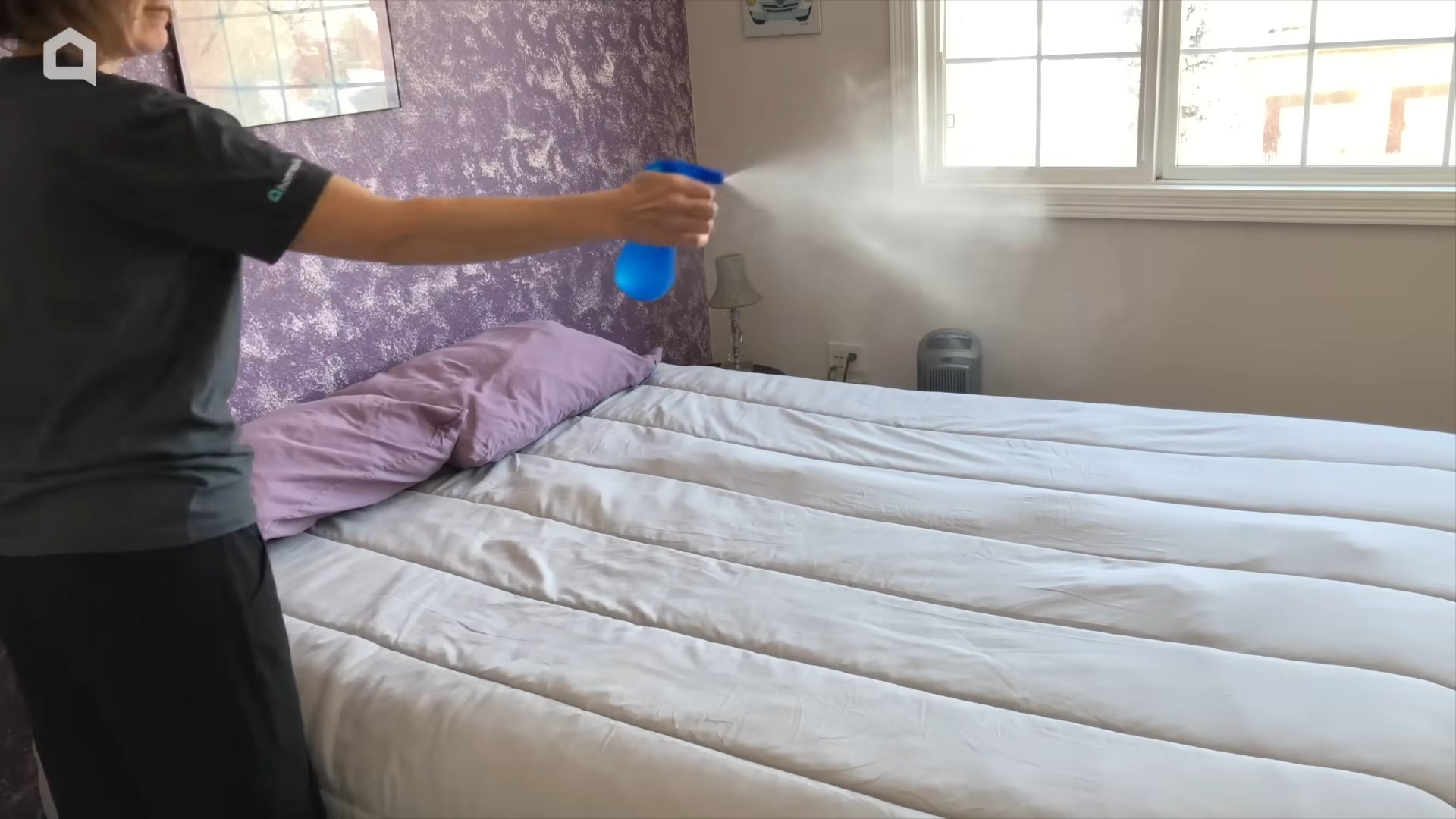
Conclusion
So, there you have it! Ditching harsh chemicals and embracing the power of nature with these essential oil cleaning recipes is not just a trend; it’s a conscious choice for a healthier home and a happier planet. We’ve explored a range of options, from all-purpose sprays that tackle everyday grime to specialized solutions for stubborn stains and sparkling surfaces. The beauty of these DIY recipes lies in their simplicity, affordability, and, most importantly, their effectiveness.
Why is this a must-try? Because you’re not just cleaning; you’re creating a sanctuary. You’re eliminating the hidden dangers lurking in conventional cleaners – the irritants, the allergens, the endocrine disruptors – and replacing them with the pure, therapeutic benefits of essential oils. Imagine a home that smells divine, feels fresh, and is genuinely safe for your family and pets. That’s the promise of essential oil cleaning.
But the journey doesn’t end here. Feel free to experiment with different essential oil combinations to find your signature scent and cleaning power. Love the invigorating aroma of citrus? Combine lemon, grapefruit, and orange essential oils for a zesty all-purpose cleaner. Prefer a calming and grounding atmosphere? Lavender, cedarwood, and frankincense create a soothing and effective blend. For a boost in disinfecting power, tea tree and eucalyptus are your go-to oils.
Consider these variations to tailor the recipes to your specific needs:
* For extra degreasing power: Add a tablespoon of washing soda to your all-purpose cleaner.
* For a streak-free shine on glass: Use distilled water instead of tap water in your glass cleaner recipe.
* For a natural floor cleaner: Combine warm water, castile soap, and your favorite essential oils in a bucket. Mop as usual, ensuring the mop is wrung out well to avoid excess water.
* For a DIY disinfecting wipe: Cut up old t-shirts or cloths into squares. Soak them in a mixture of water, vinegar, and essential oils. Store in an airtight container.
The possibilities are truly endless! The key is to start with a basic recipe and then adjust it to suit your preferences and cleaning challenges. Remember to always test your essential oil cleaning recipes on a small, inconspicuous area first to ensure they don’t damage the surface.
We are confident that once you experience the transformative power of essential oil cleaning, you’ll never go back to conventional cleaners. It’s a simple, sustainable, and satisfying way to create a healthier and happier home.
So, what are you waiting for? Gather your essential oils, grab your spray bottles, and get ready to experience the joy of natural cleaning! We can’t wait to hear about your experiences. Share your favorite essential oil cleaning recipes, tips, and tricks in the comments below. Let’s build a community of conscious cleaners who are passionate about creating healthy homes and a healthy planet. Let us know what essential oil cleaning recipes you found most effective!
Frequently Asked Questions (FAQ)
What are the best essential oils for cleaning?
The best essential oils for cleaning possess potent antibacterial, antiviral, antifungal, and antiseptic properties. Some top choices include:
* Tea Tree (Melaleuca): Known for its powerful antiseptic and antifungal properties, making it ideal for disinfecting surfaces.
* Lemon: A natural degreaser and disinfectant with a bright, uplifting scent.
* Lavender: Offers antibacterial and antifungal benefits, along with a calming aroma.
* Eucalyptus: Possesses strong antiviral and antibacterial properties, making it effective against germs and bacteria.
* Peppermint: A natural insect repellent and disinfectant with a refreshing scent.
* Orange: Similar to lemon, orange essential oil is a great degreaser and disinfectant.
* Clove: A potent antimicrobial and antifungal oil, best used in small amounts due to its strong scent.
* Cinnamon: Another powerful antimicrobial oil that can help fight bacteria and viruses.
Are essential oil cleaning recipes safe for all surfaces?
While essential oil cleaning recipes are generally safe, it’s always best to test them on a small, inconspicuous area first, especially on delicate surfaces like wood, marble, or granite. Some essential oils, like lemon, can be acidic and may damage certain finishes. Always dilute essential oils properly and avoid using them undiluted on sensitive surfaces.
Can I use essential oil cleaning recipes around pets and children?
Yes, but with caution. Some essential oils can be toxic to pets, especially cats. Avoid using tea tree oil, citrus oils, pine oil, peppermint oil, and wintergreen oil around cats. Always research the safety of essential oils before using them around pets and children. Ensure proper ventilation and store essential oils out of reach of children. If you are unsure, consult with a veterinarian or healthcare professional.
How long do essential oil cleaning recipes last?
Essential oil cleaning recipes typically last for 1-2 weeks when stored in a cool, dark place in an airtight container. The essential oils may degrade over time, reducing their effectiveness. It’s best to make small batches of your cleaning solutions to ensure they are fresh and potent.
Can I use any type of vinegar in essential oil cleaning recipes?
White distilled vinegar is the best choice for cleaning due to its acidity and lack of color, which prevents staining. Apple cider vinegar can also be used, but it may leave a slight residue and has a stronger odor. Avoid using other types of vinegar, such as balsamic or red wine vinegar, as they can stain surfaces.
What type of containers should I use to store essential oil cleaning recipes?
Glass spray bottles are the best option for storing essential oil cleaning recipes, as essential oils can degrade plastic over time. Dark-colored glass bottles are preferred, as they help protect the essential oils from light, which can also affect their potency. If you must use plastic, choose a high-quality, BPA-free plastic bottle.
How much essential oil should I use in my cleaning recipes?
A general guideline is to use 10-20 drops of essential oil per cup of water or other liquid base. You can adjust the amount based on your personal preference and the strength of the essential oil. Always start with a smaller amount and add more if needed.
Can I mix different essential oils together in my cleaning recipes?
Yes, you can mix different essential oils together to create custom blends with unique scents and cleaning properties. Experiment with different combinations to find your favorite blends. Just be sure to research the safety of each essential oil before using it.
Are essential oil cleaning recipes effective against all types of germs and bacteria?
While essential oils possess potent antimicrobial properties, they may not be effective against all types of germs and bacteria. For heavy-duty cleaning or disinfecting, you may need to use a stronger disinfectant. However, essential oil cleaning recipes are a great option for everyday cleaning and maintaining a healthy home environment.
Where can I buy essential oils for cleaning?
Essential oils can be purchased from a variety of sources, including health food stores, online retailers, and direct-selling companies. Choose high-quality, 100% pure essential oils from reputable brands to ensure you are getting the best possible product. Look for essential oils that have been tested for purity and potency.


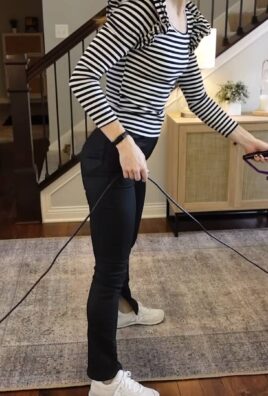
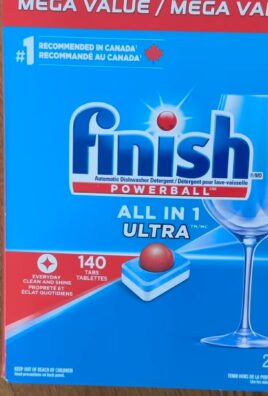
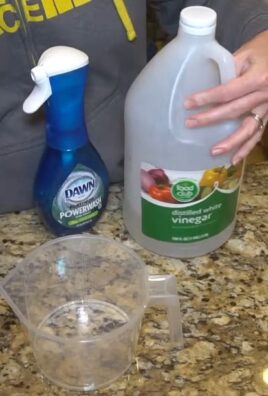
Leave a Comment